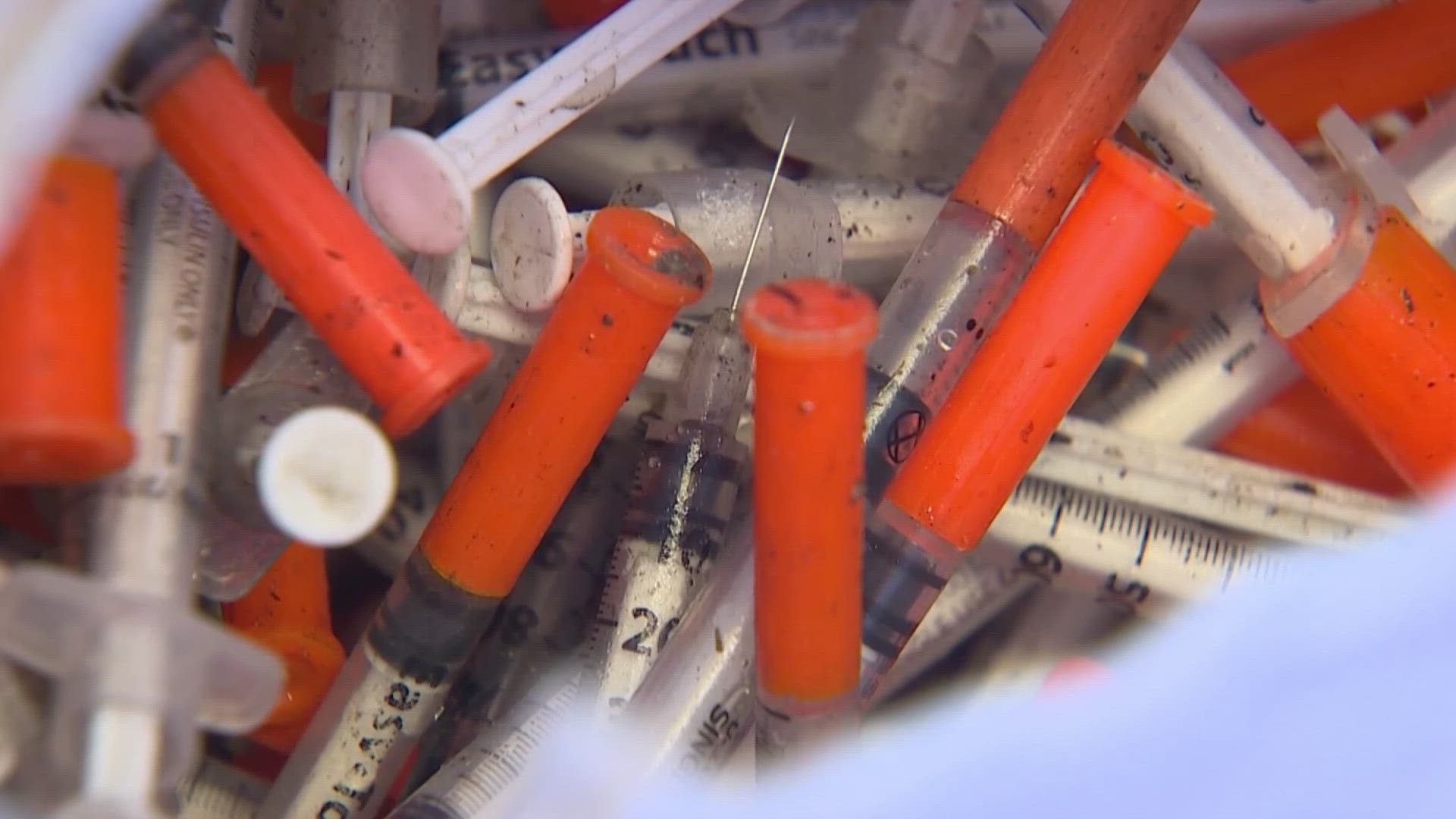SEATTLE — A new mobile medical van will be deployed to Pioneer Square this summer as part of Seattle's investments in treating substance use disorder and post-overdose care.
Mayor Bruce Harrell announced $7 million in funds Thursday aimed at combatting the opioid epidemic throughout the city. The funds are part of the city's $27 million investment in addressing the crisis this year.
“The deadly fentanyl and synthetic opioid crisis that we are seeing on our streets and in our neighborhoods demands that we be urgent, compassionate, and innovative in how we help people suffering from addiction access life-saving treatment,” Harrell said. “Advancing one of the actions of my Executive Order, this new investment in a post-overdose recovery center and mobile clinics will stabilize people following a non-fatal overdose, alleviating their painful withdrawal symptoms that often cause them to use these highly addictive drugs again and connecting them to evidence-based treatment and recovery services."
Harrell said the Downtown Emergency Service Center (DESC) is on track to receive $5.65 million of the announced funds.
Starting in June, the DESC will provide services from its crisis solution center in the Chinatown-International District.
In 2025 the DESC plans to operate a post-overdose stabilization and care facility from the Morrison Hotel on Third Avenue, following renovations. According to Harrell's office, the facility would allow post-overdose clients with prolonged health conditions to receive care at the facility for up to 23 consecutive hours.
DESC’s service delivery will focus on three services:
- Post-overdose subacute stabilization and care
- Rapid initiation of evidence-based medication treatments for opioid use disorder
- Connections to behavioral health care and relevant physical health services
"The ORCA Center adds another important link to our continuum of services for people who experience drug overdoses,” said Daniel Malone, executive director of DESC. “By providing much-needed treatment such as medications for opioid use disorder, as well as access to harm reduction supplies, education and other services, we aim to prevent the next overdose and cut down on emergency room use. This will be one of many services and strategies designed to reduce fatal overdoses and fentanyl harm and increase well-being in the city and the county."
Evergreen Treatment Services (ETS) is expected to receive funds from the city to launch a new mobile clinic this summer.
Harrell said the city will be working with the Seattle Fire Department's Health 99 overdose response team to help bring people to the new post-overdose facilities.

